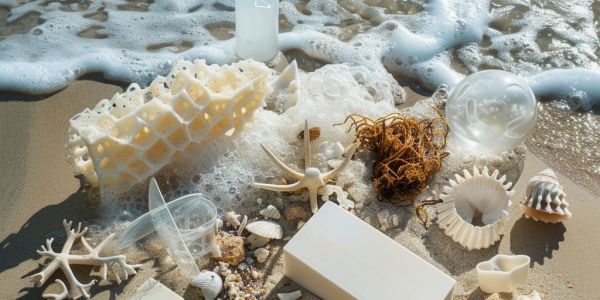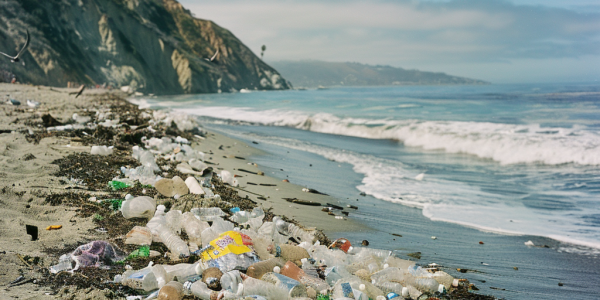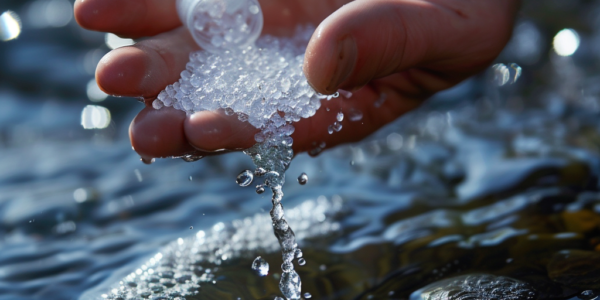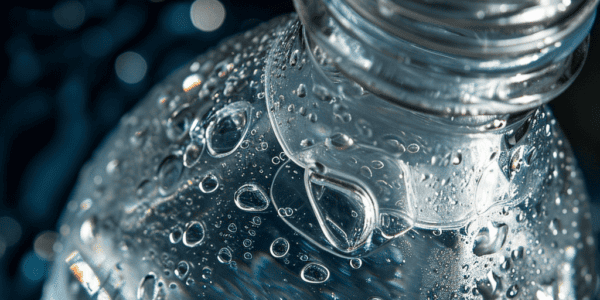WHOI Scientists Unveil Fast-Degrading Bioplastic as Solution to Ocean Pollution
Scientists at WHOI have unveiled a revolutionary bioplastic, cellulose diacetate (CDA), that degrades 15 times faster in seawater than traditional plastics like Styrofoam. This sustainable material, developed to combat marine pollution, shows promising results, losing up to 70% of its mass in just 36 weeks. The study highlights the urgent need for biodegradable alternatives to reduce plastic waste and protect marine ecosystems.
California Sues ExxonMobil Over Misleading Plastic Recycling Claims
California has filed a groundbreaking lawsuit against ExxonMobil, accusing the oil giant of misleading consumers about plastic recyclability. This legal action aims to hold ExxonMobil accountable for its role in exacerbating the global plastic pollution crisis. Attorney General Rob Bonta highlights the urgent need for transparency and corporate responsibility in the plastics industry, as millions of tons of plastic waste threaten marine life and human health. The outcome of this case could set a precedent for future lawsuits and inspire broader efforts to combat plastic pollution.
Research Reveals Concerning Presence of Airborne Microplastics and Potential Health Risks
Recent research in Japan has revealed the presence of airborne microplastics, posing potential risks to human health. These particles, less than 5mm in length, can absorb toxic substances and enter the food chain. Experts like Hiroshi Okochi and Hiroshi Ono are studying the impact of microplastics on ecosystems and global warming, emphasizing the need for further investigation and mitigation strategies.
Innovative Microscale Robots Developed to Tackle Microplastics and Bacteria in Water Bodies
Learn how scientists are using microscale robots to tackle microplastics and bacteria in water bodies. These tiny spherical robots, designed to capture contaminants, show promising results in lab experiments. By mimicking natural swarms, these microrobots offer an innovative solution for cleaning up pollutants and protecting marine ecosystems.
University of Kentucky Researchers Develop Innovative Solution to Combat Plastic Pollution
University of Kentucky researchers have developed a groundbreaking solution using natural deep eutectic solvents to capture and remove tiny plastic particles from water, addressing the pressing issue of plastic pollution in the world’s oceans.
New Optical Imaging Technique Developed for Rapid Analysis of Nanoplastics
A recent study has developed a powerful optical imaging technique for the rapid analysis of nanoplastics, addressing a fundamental knowledge gap in nanoplastics due to the lack of effective analytical techniques. The study, led by Naixin Qian, Xin Gao, Xiaoqi…






